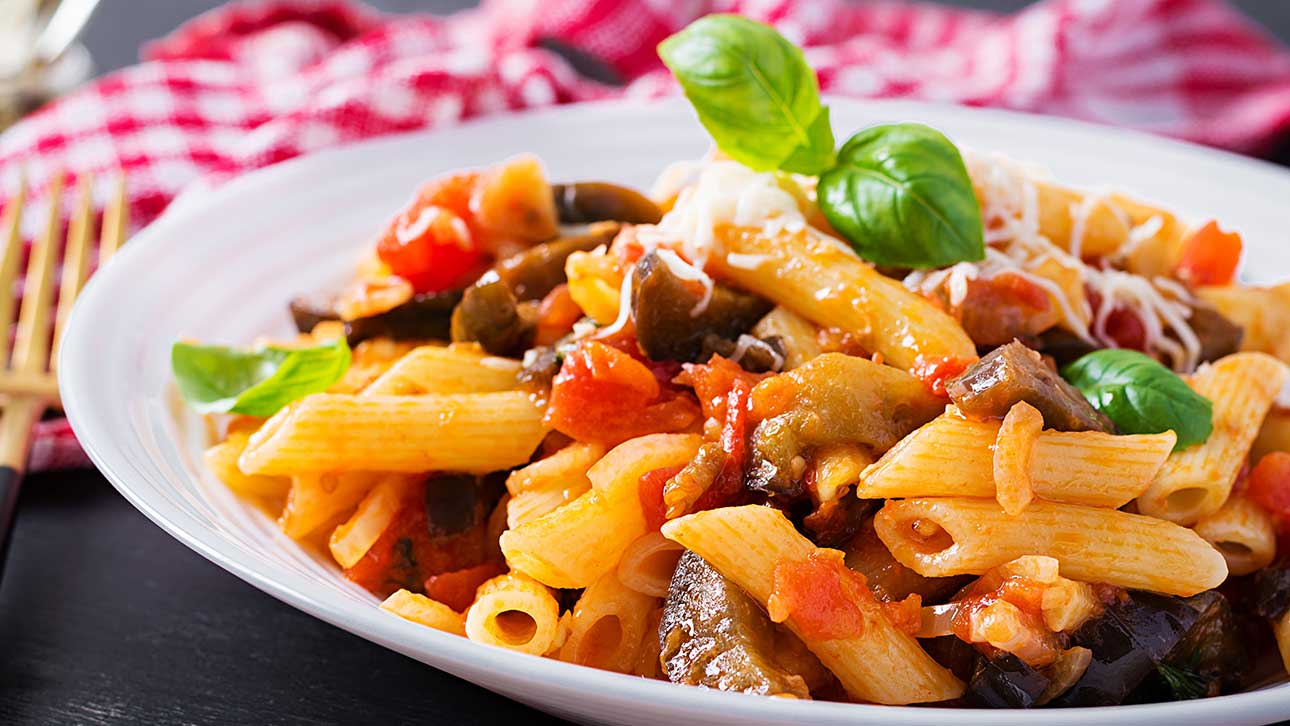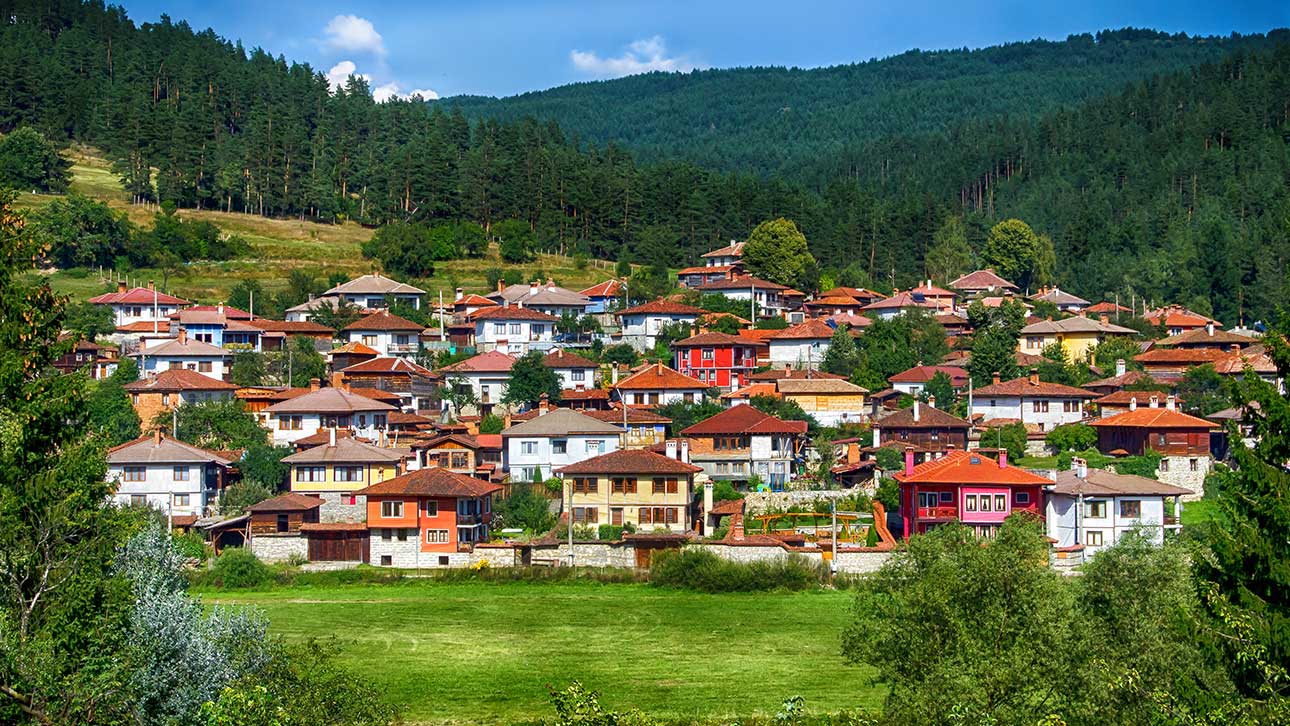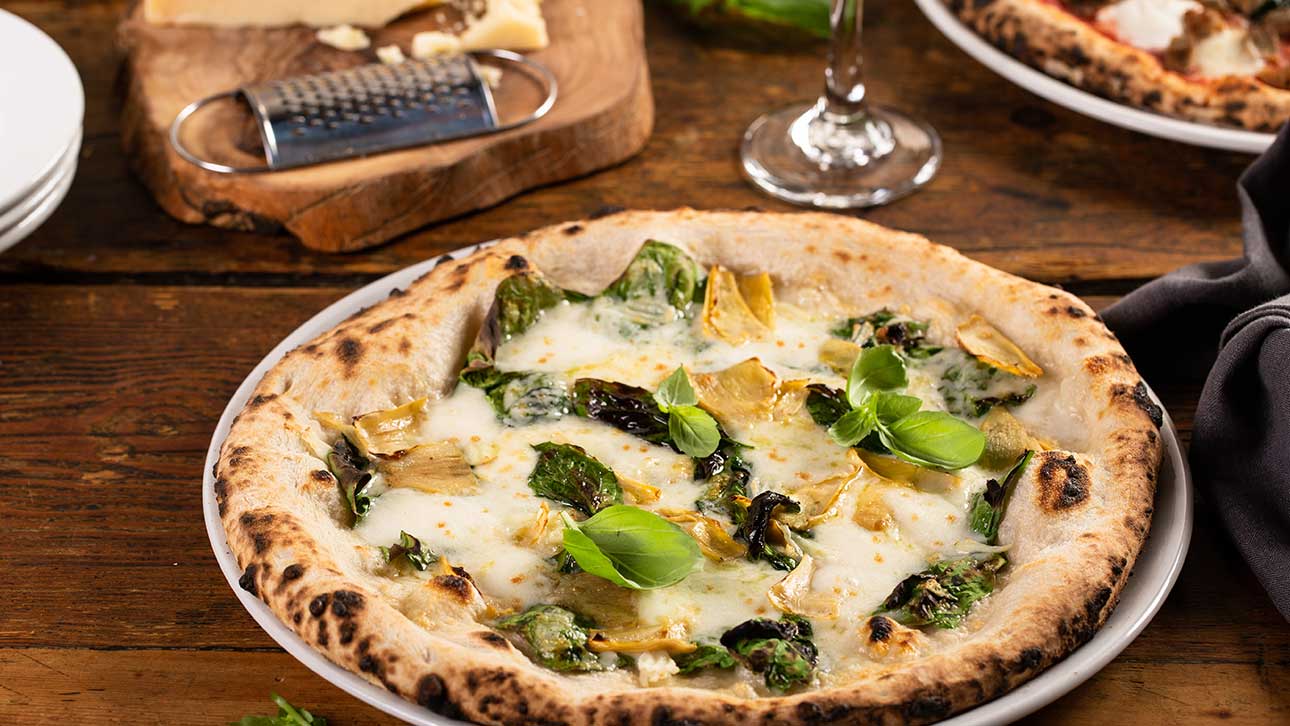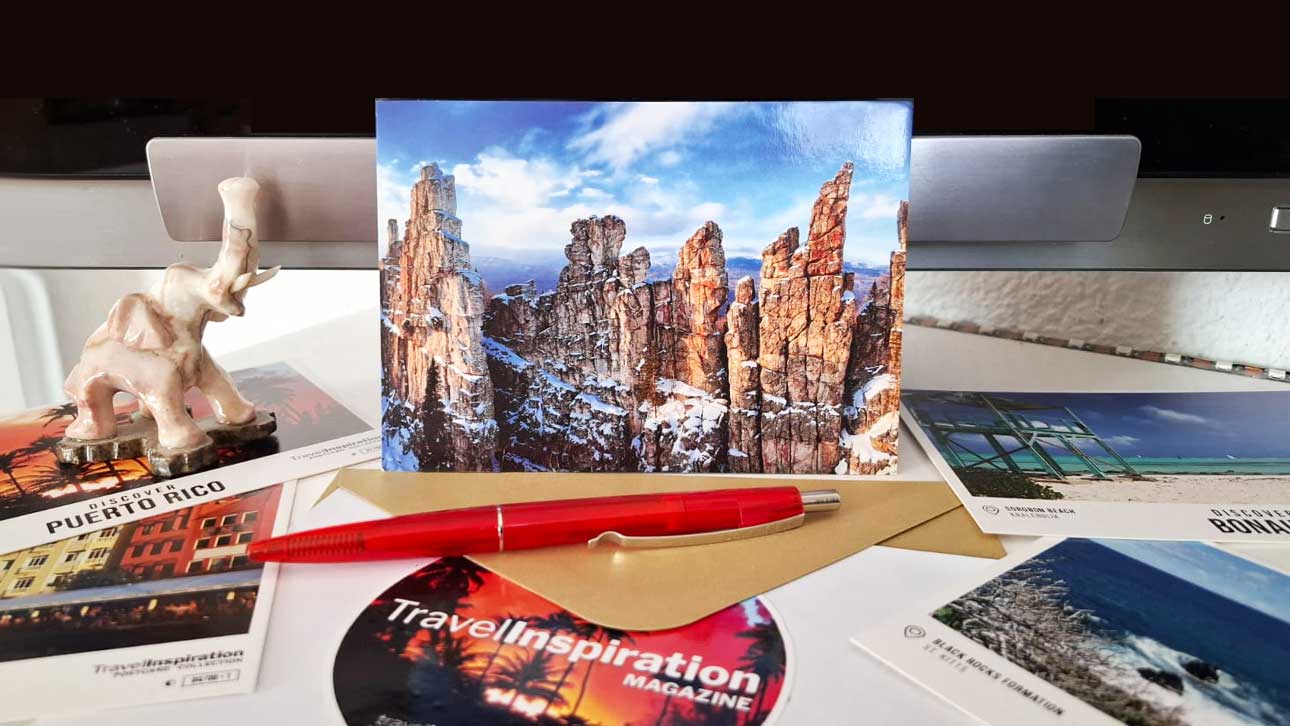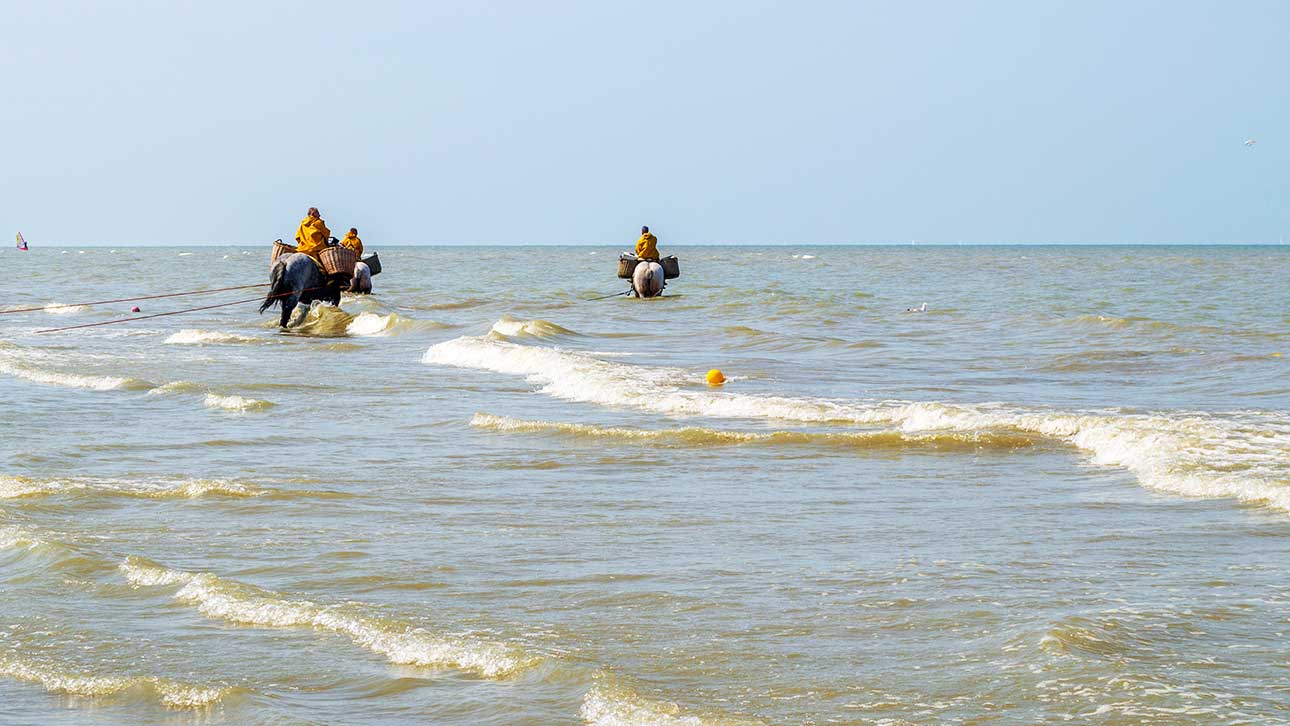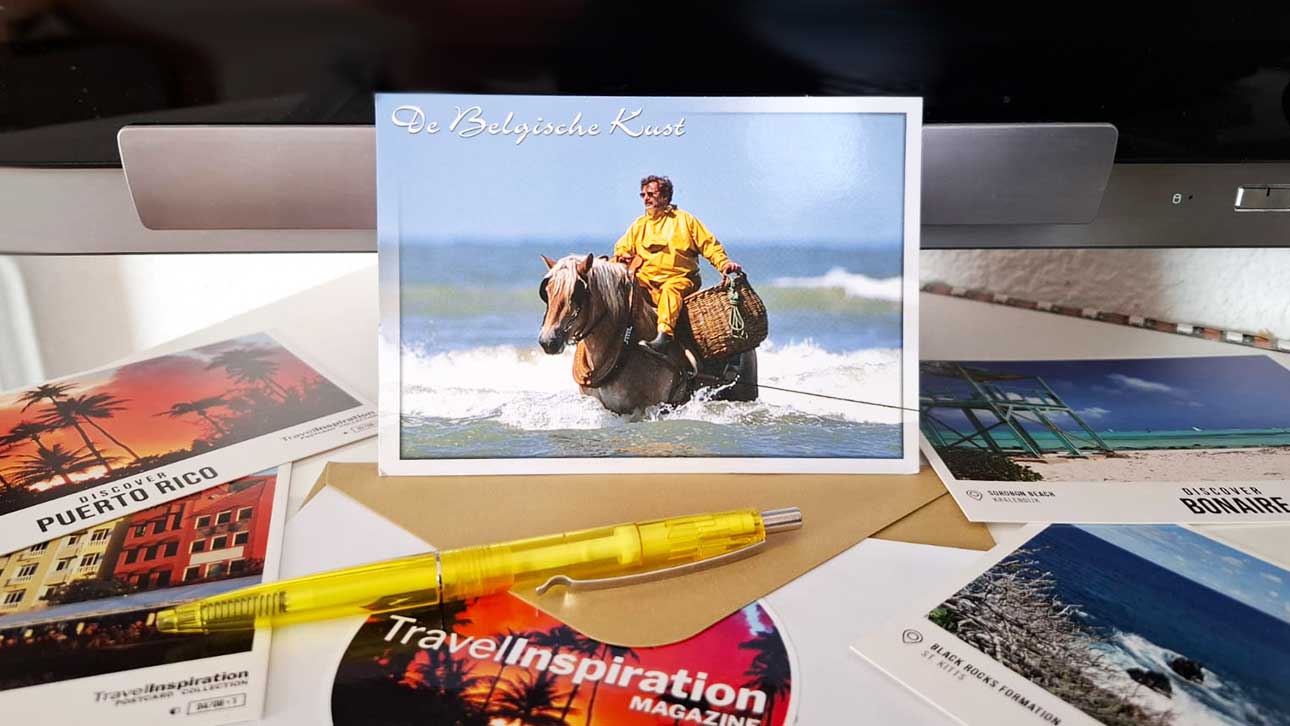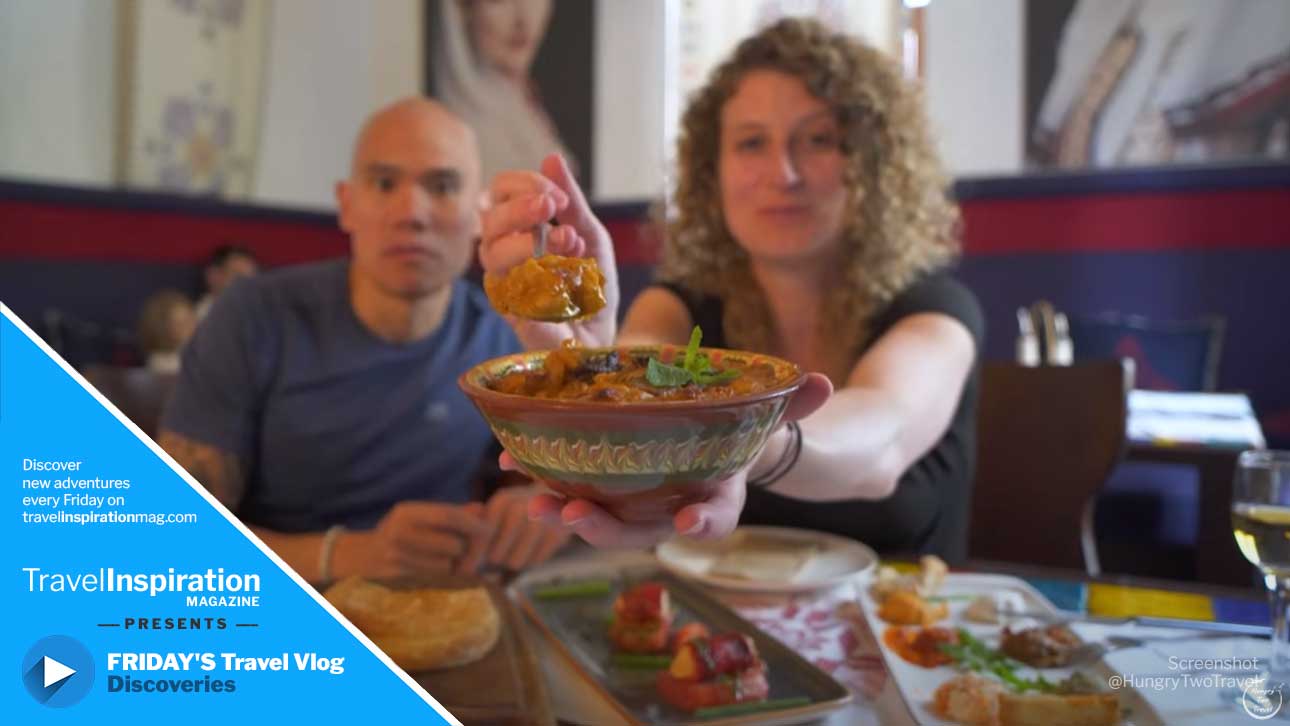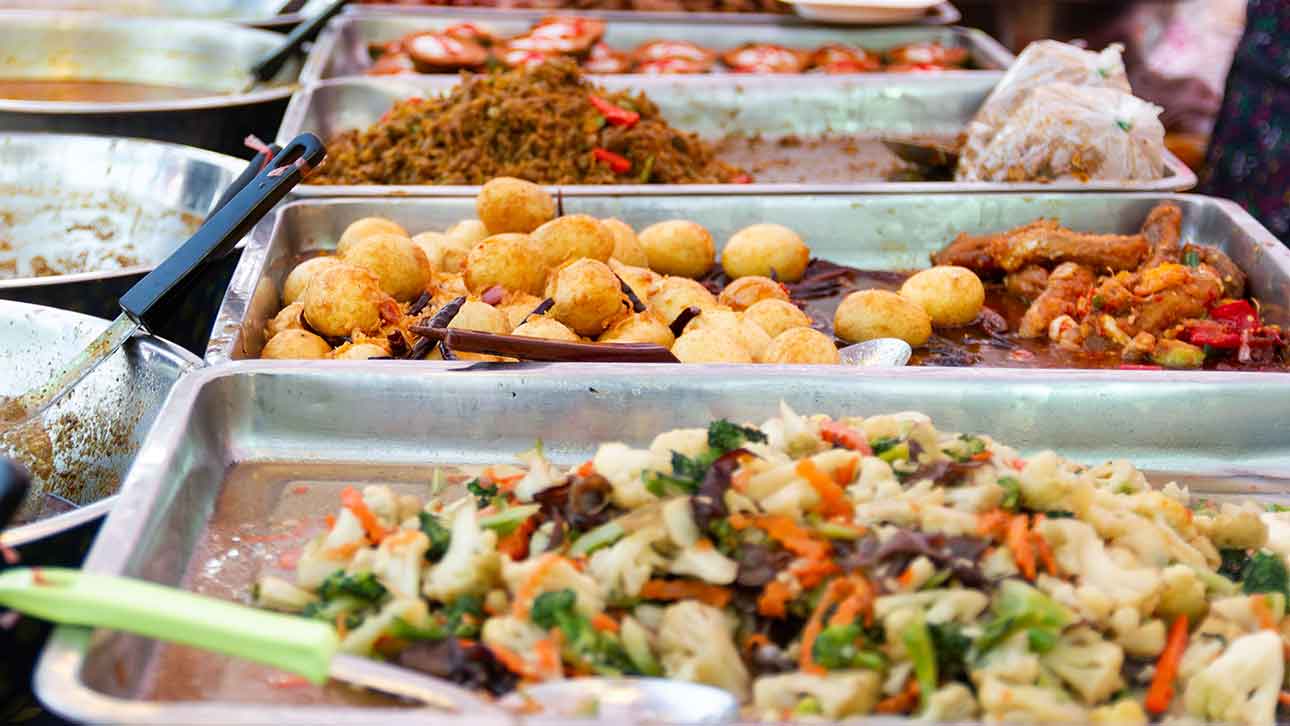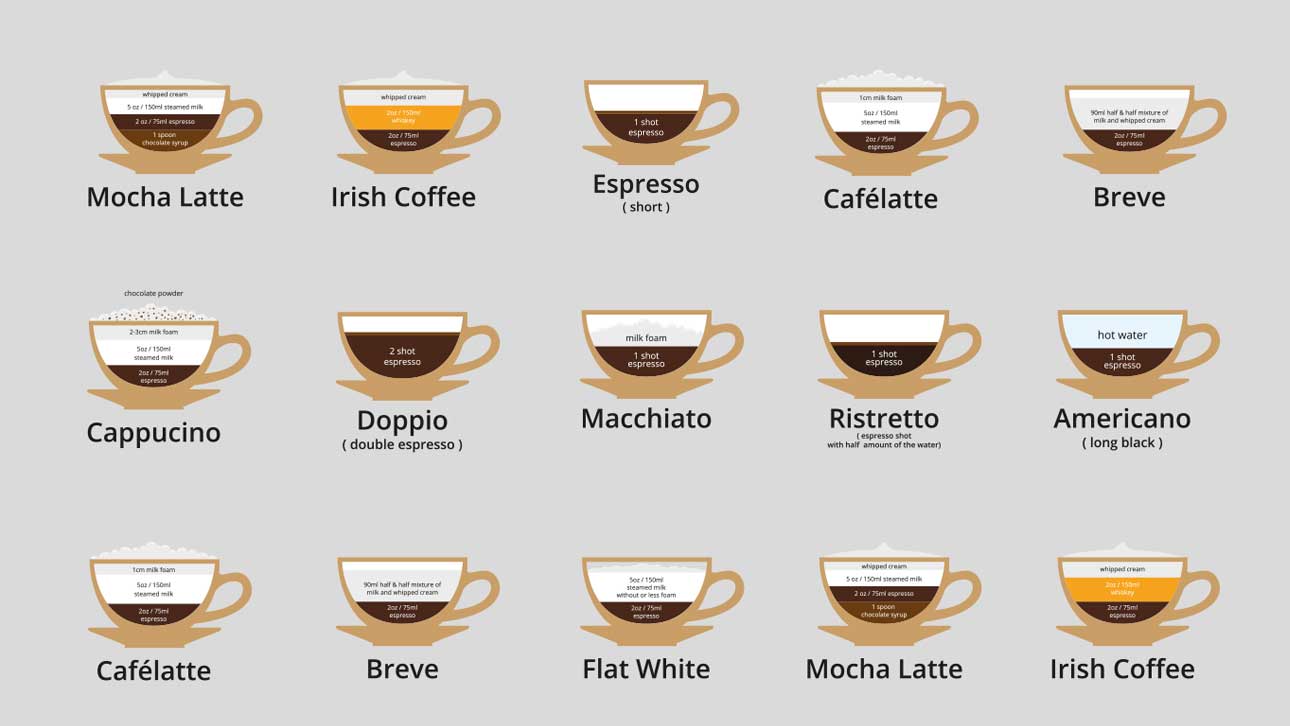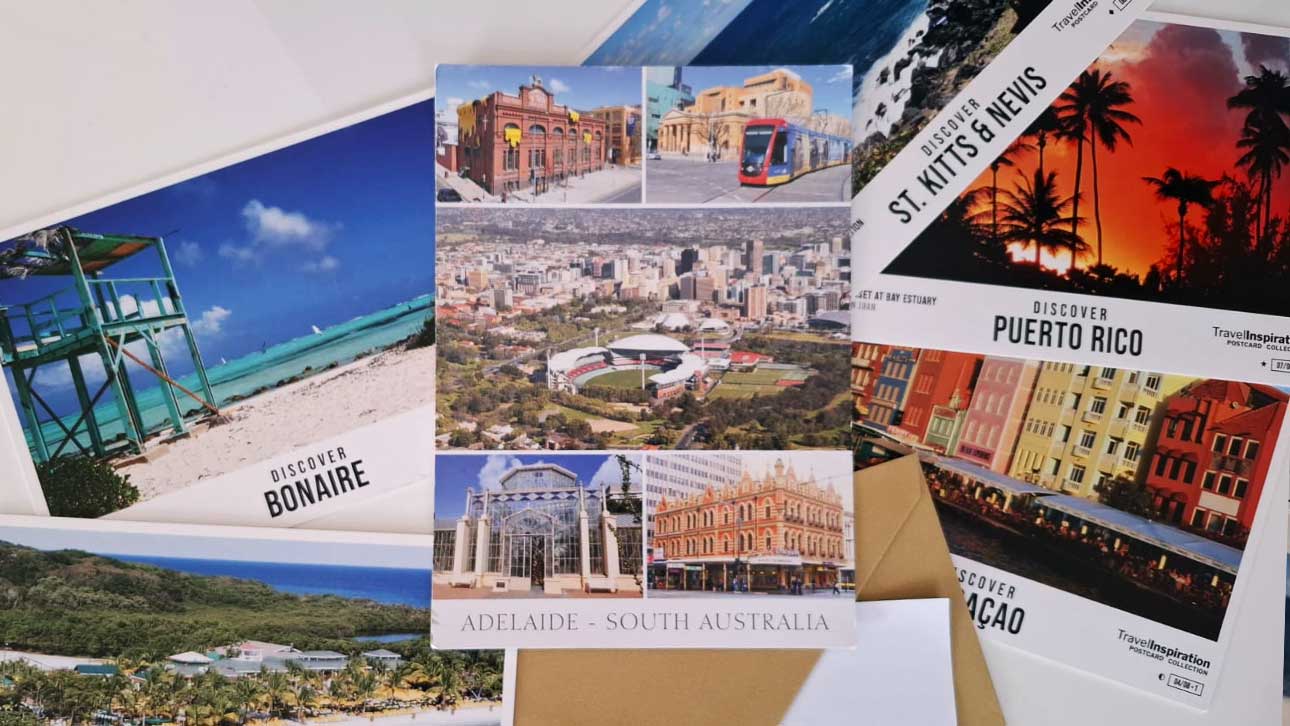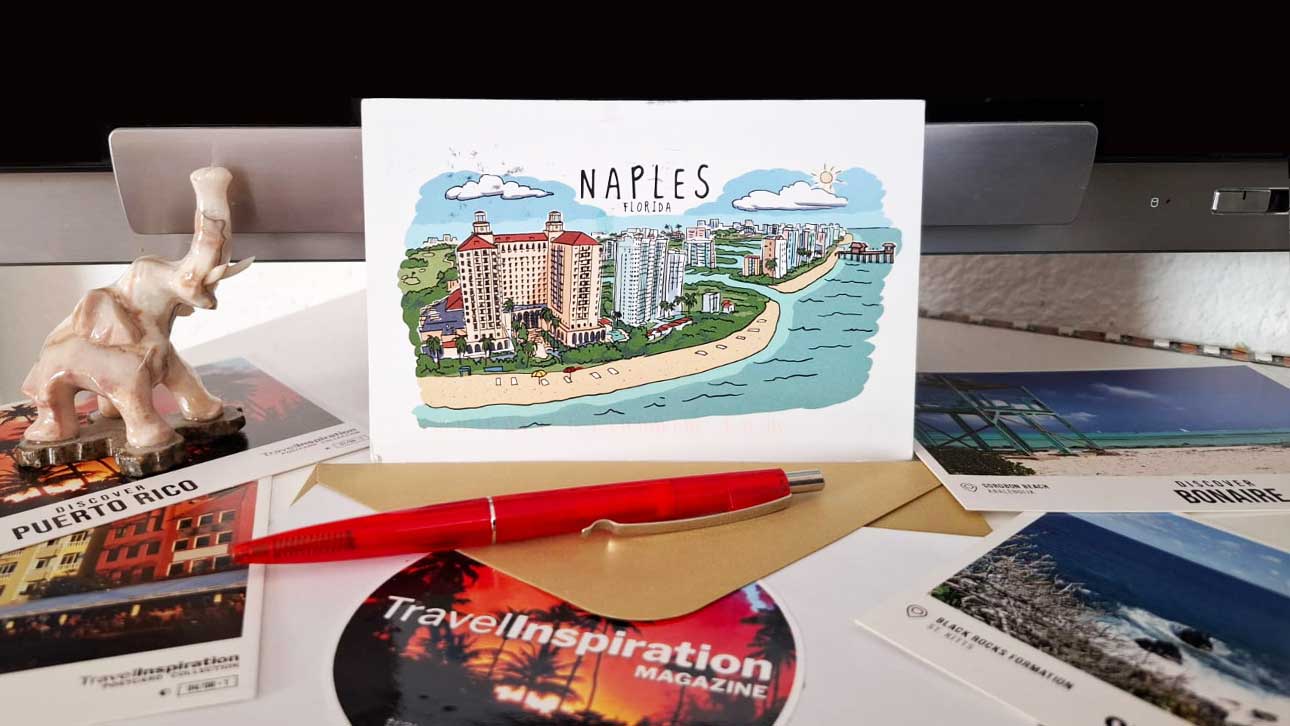Italy is famous for its cuisine, and eating here is one of the highlights of any trip. From pasta to pizza, and espresso to gelato, every meal feels like a celebration of fresh ingredients and tradition. However, Italians take their food culture seriously, and there are some unspoken rules that travelers should follow. To make sure you don’t accidentally offend or miss out on the full experience, here’s what NOT to do when eating in Italy.
1. Don’t Modify the Menu
In Italy, dishes are carefully prepared using time-honored recipes and fresh, seasonal ingredients. Asking for changes—like swapping ingredients or adding extras—can be seen as disrespectful to the chef’s expertise. Trust that your meal has been crafted to perfection, and resist the temptation to customize it. Italians take pride in their food, so embrace it as it’s served.
2. Don’t Order a Cappuccino After Breakfast
Cappuccinos are considered a breakfast drink in Italy, typically enjoyed in the morning alongside a pastry. After 11 AM, it’s uncommon to see Italians ordering anything with milk, especially with lunch or dinner. If you need a pick-me-up later in the day, order an espresso or “caffè” instead. It’s the preferred choice, especially after a meal.
3. Don’t Expect Garlic Bread
Contrary to popular belief outside of Italy, garlic bread isn’t a part of traditional Italian dining. In Italy, bread is served plain or with a drizzle of olive oil, not as a garlic-infused side dish. Instead of expecting garlic bread, enjoy bread for what it is: a simple, yet delicious accompaniment to your meal, often used to soak up sauces or as a starter with olive oil.
4. Don’t Treat Pasta as a Side Dish
Pasta is sacred in Italy and is always served as its own course, never as a side dish to meat or fish. Italians have a specific order for meals: pasta or risotto comes first as a “primo” (first course), followed by the “secondo” (main dish). Ordering pasta as a side to your steak or chicken would seem odd. Appreciate each course in its proper place, and enjoy the slow progression of an Italian meal.
5. Don’t Add Cheese to Every Dish
While Italians love cheese, it doesn’t go on everything. Adding Parmesan to pasta without checking if it’s appropriate, particularly on seafood dishes, is a major faux pas. In general, if the dish calls for cheese, it will be provided. If it doesn’t, respect the recipe and enjoy it as intended—no extra Parmesan necessary!
6. Don’t Rush Through Your Meal
In Italy, food is an experience meant to be savored, not rushed. Meals are a time to relax, enjoy good company, and appreciate the flavors. There’s no need to hurry through a meal, and it’s common to spend hours at the table, especially during dinner. Don’t worry about asking for the check right away; take your time, as the waiter won’t bring it until you ask. Italians value the slow, thoughtful enjoyment of food and conversation.
7. Don’t Ask for Tap Water at a Restaurant
In Italy, ordering bottled water is the norm when dining out. You’ll typically be asked if you prefer “acqua naturale” (still water) or “acqua frizzante” (sparkling water). Asking for tap water might come off as unusual, as most locals opt for bottled, which is seen as higher quality and more refined for dining.
8. Don’t Cut Spaghetti
Using a knife to cut spaghetti, or even using a spoon to help twirl it, is frowned upon in Italy. Italians have mastered the art of twirling spaghetti with just a fork, and it’s a skill worth practicing. Avoid the temptation to cut the pasta into smaller pieces; instead, gently twirl it around your fork, letting it hold together as you eat.
9. Don’t Expect an Early Dinner
Dinner in Italy is typically a late affair, often starting around 8 or 9 PM. If you’re used to eating earlier, this might take some adjusting. Many restaurants won’t even open for dinner until 7:30 PM. Plan accordingly, and embrace the relaxed pace of the evening. Take time for an “aperitivo” before dinner, enjoying a drink and some light snacks to ease into the evening.
10. Don’t Skip the Aperitivo
The aperitivo is a beloved Italian tradition—a pre-dinner drink and small bites shared with friends. Between 6 and 8 PM, many Italians gather at bars to enjoy drinks like an Aperol Spritz or Negroni, along with light snacks. This is a social ritual that helps transition from the workday to a leisurely dinner. Don’t miss out on this opportunity to relax and enjoy a true Italian custom.
11. Don’t Expect Heavy Sauces on Pasta
Italian pasta dishes are often simple but bursting with flavor. Unlike other places where pasta might be drenched in sauce, in Italy, the sauce is used sparingly to highlight the quality of the pasta itself. Don’t be surprised if your dish seems lighter on sauce than you’re used to—it’s all about balance and letting each ingredient shine.
12. Don’t Forget to Try Regional Specialties
Italy’s culinary diversity is immense, with each region having its own specialties and traditional dishes. Don’t just stick to pizza or pasta—explore the local cuisine wherever you go. In Rome, try “cacio e pepe” (cheese and pepper pasta); in Naples, savor authentic pizza; and in Emilia-Romagna, indulge in rich dishes like lasagna or tortellini. Each region offers its own delicious surprises, so be adventurous and sample the local fare.
By following these tips, you’ll avoid common dining mistakes and get the most out of Italy’s vibrant food culture. Eating in Italy is about more than just satisfying hunger—it’s a celebration of tradition, quality, and the pleasure of sharing a meal. Buon appetito!
Did you enjoy this article?
If you love discovering inspiring stories and unique places, download our free app "Travel Inspiration Magazine" from Google Play! No annoying ads. No distractions. Just pure reading pleasure.
📲 Install from Google Play![Български [BG] Български [BG]](/media/mod_languages/images/bg_bg.gif)
![English [EN] English [EN]](/media/mod_languages/images/en_gb.gif)

